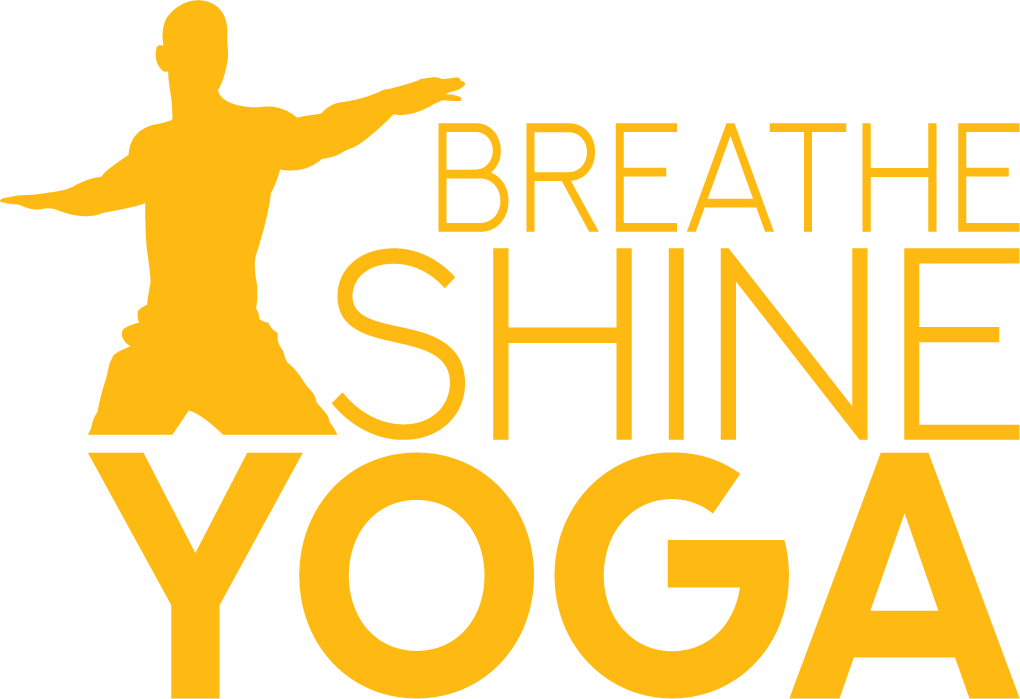
Ignoring emotions, acting solely upon them, and finding a middle way represent three distinct approaches to handling our emotional landscape. Each approach yields different outcomes, impacting our overall well-being and the quality of our relationships.
Ignoring emotions can lead to a sense of emotional detachment and repression. By dismissing or suppressing our feelings, we may create an illusion of control, but this often comes at the cost of genuine self-awareness and connection with others. Ignored emotions may linger beneath the surface, manifesting in unexpected ways and potentially causing long-term psychological effects.
Ignoring emotions can lead to a sense of emotional detachment and repression. By dismissing or suppressing our feelings, we may create an illusion of control, but this often comes at the cost of genuine self-awareness and connection with others. Ignored emotions may linger beneath the surface, manifesting in unexpected ways and potentially causing long-term psychological effects.
On the other extreme, acting impulsively upon emotions can result in erratic behavior and strained relationships. When we allow our emotions to dictate our actions without thoughtful consideration, we risk making decisions that may not align with our values or long-term goals. This approach can lead to regret, misunderstandings, and a lack of emotional stability.
The middle way involves acknowledging emotions with mindfulness and living in the present moment. This approach encourages a balanced interaction with emotions, neither suppressing them nor allowing them to control us. By being aware of our feelings without judgment, we create space for a measured response. Mindfulness practices, such as meditation, help cultivate an awareness of the present moment, allowing individuals to observe their emotions with clarity and without immediate reactivity.
Acknowledging emotions and living in the present moment involves understanding that feelings are transient and often arise from the stories we tell ourselves. By staying present, we can discern whether our emotions are valid responses to current events or rooted in past experiences. This awareness empowers us to respond to situations more intentionally, fostering emotional intelligence and resilience.
Yoga and modern coaching share common ground in their approach to navigating emotions and fostering personal growth. The advice in yoga to live away from attraction and repulsion aligns with many principles found in coaching, illustrating how these two practices complement each other.
Yoga, as both a physical and philosophical practice, emphasizes the importance of maintaining equanimity in the face of attraction and repulsion. This advice encourages individuals to observe their reactions to various stimuli without being excessively drawn towards pleasure or averse to discomfort. Similarly, modern coaching often incorporates mindfulness and emotional intelligence techniques to help individuals manage their responses to situations, promoting a more balanced and intentional way of living.
The concept of living away from attraction and repulsion in yoga finds resonance in coaching through the emphasis on neutrality and non-reactivity. Coaches often guide individuals to examine their responses objectively, helping them understand how their attractions and repulsions may influence decision-making. By cultivating a sense of detachment, individuals can make more informed choices rather than being solely driven by fleeting emotions.
Moreover, the roots of coaching can be traced back to ancient philosophical and wisdom traditions, including yoga. The foundational principles of coaching, such as active listening, powerful questioning, and raising self-awareness, align with the introspective and self-reflective aspects of yoga. Both practices recognize the importance of understanding oneself, setting intentions, and navigating challenges with resilience. Both aim to enhance self-awareness, promote personal development, and encourage individuals to live more authentically. The mindfulness and emotional regulation techniques embedded in yoga seamlessly integrate with the coaching process, providing individuals with valuable tools for navigating the complexities of modern life.
By incorporating the wisdom of yoga into coaching practices, individuals can develop a more profound understanding of themselves, cultivate resilience, and make choices aligned with their values. This integration fosters a holistic approach to personal and professional development, bridging ancient wisdom with contemporary coaching methodologies.
Sharing practices and information that help people live more connected to their aspirations and take inspired action…

